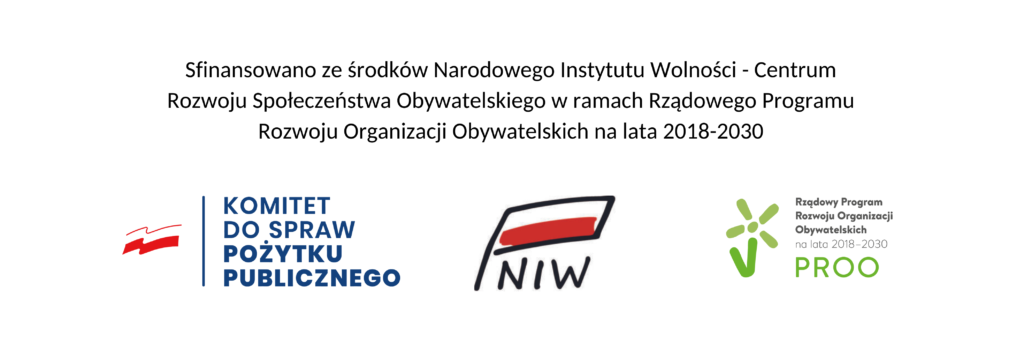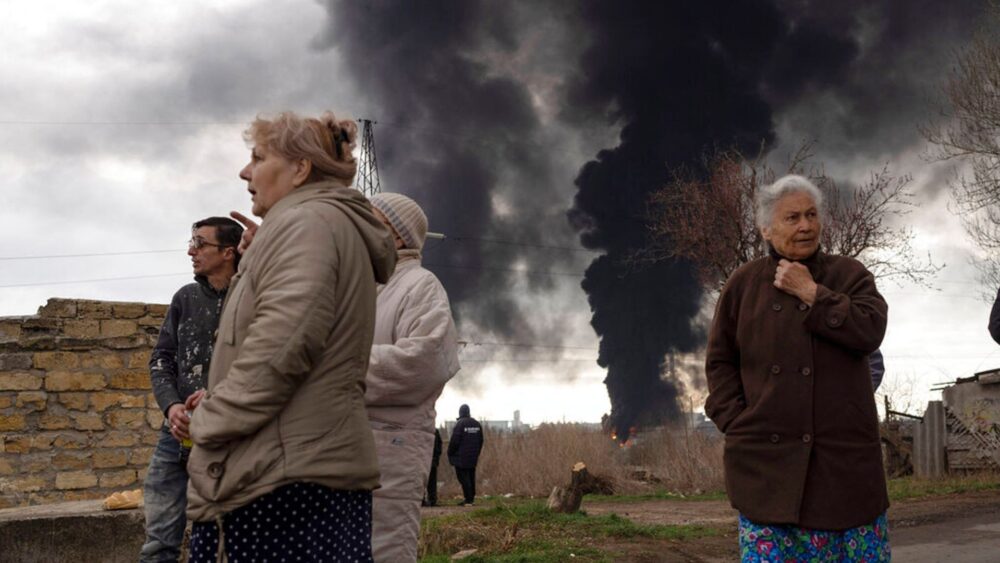The war launched by Russia against Ukraine, which entered the active phase on February 24, 2022, revealed many issues; it forced us to rethink the world’s organization. What are these issues worth paying attention to?
Close interconnections between countries allow no one to ignore problems; even if they do not directly affect us, a boomerang effect works. For example, the sea blockade of Ukrainian ports is causing a significant undersupply of grain to world markets, particularly in African countries. That, in turn, can cause a food crisis and social instability – increasing the flow of migrants to the European Union.
Another point is the reconsideration of issues of security and independence. Currently, most countries face the issue of energy independence rather than energy security. The answers to this challenge are also not universally accepted because the question of further coal mining and nuclear energy development arises, which leads to other discussions.
Despite the numerous advantages of atomic energy, the question of nuclear blackmail, which is currently being actively used by the Russian Federation, which understands that the consequences of an accident at a nuclear power plant will be catastrophic for the EU, remains open.
It is worth paying attention to the development of civil society when the volition formed by ordinary citizens prevails over economic or political factors. Thus, the exit of many brands and international organizations from the Russian market is associated with financial losses, which at the same time do not outweigh the importance of the company’s image on the world market. Another manifestation of the development of society is the extraordinary support of citizens of refugees from Ukraine, which sometimes outpaced the state’s more clumsy and bureaucratized machinations.
This is far from a complete list, only the most remarkable milestones. However, war illuminates another crucial geopolitical aspect – the issue of large and small countries.
Sami Moisio[1] mentions that there is a coherent and proper global geopolitical order and that powerful states must maintain and enforce that order. These stances consider small states as objects whose primary function is not to irritate powerful states or contribute to the global liberal order.
Each civilization has a “hegemon.” Hegemons are equal to each other – Russia should talk to the United States, not Ukraine[2].
This division of the world into nations that rule the world and those that must act following specific rules partially explains the line of behavior of such countries as Germany, France, the USA, the Russian Federation, etc. Big countries continue to act as if they can order everything and guarantee the security of others[3].
Nonetheless, Ukraine’s fierce struggle and Russia’s violation of all agreements called into question this old order. It forced all countries to think about how much their voice is heard on the world stage de facto. In this context, a statement formed by Poland not to discuss Ukraine without Ukraine is so important. It underlined the rightful place of countries in the geopolitical space and the beginning of a new world order where everyone will have a voice.
Each of the identified challenges is important. The situation develops quickly and slowly at the same time. The first cargo ship with 26,000 tons of Ukrainian grain on board left the port of Odesa for Lebanon in August, and 16 more ships are already waiting for their turn. The IAEA commission went to Zaporizhzhia on September 1 to end the nuclear blackmail and return the station to Ukrainian control. Germany postponed the launch of Nord Stream 2, in the construction of which 11 billion dollars was invested. The European Commission presented the REPowerEU Plan for ending the EU’s dependence on Russian fossil fuels, which are used as an economic and political weapon and cost European taxpayers nearly €100 billion per year, and tackling the climate crisis.
Security issues remain the most pressing as winter is coming. We shouldn’t forget about other challenges. After all, it is much easier to stay in the geopolitical “comfort zone,” where some countries can solve everything without involving other participants with different opinions about the situation and ways to solve it in the discussion.
Photo: AP Photo/Petros Giannakouris/Flickr.com
[2] A.Wilson (2022) Inside the Russian geopolitical mind, European Council on Foreign Relations – https://ecfr.eu/article/inside-the-russian-geopolitical-mind-pseudo-justifications-behind-the-war-in-ukraine/
[3] these ideas also can be find in works of John Mearsheimer (2022) why the West is principally responsible for the Ukrainian crisis, The Economist – https://www.economist.com/by-invitation/2022/03/11/john-mearsheimer-on-why-the-west-is-principally-responsible-for-the-ukrainian-crisis;
Toft, P. (2005). John J. Mearsheimer: an offensive realist between geopolitics and power. Journal of International Relations and Development, 8(4), 381-408.
Cohen, S. F. (2018). War with Russia?: From Putin & Ukraine to Trump & Russiagate. Simon and Schuster

IF YOU VALUE THE INSTITUTE OF NEW EUROPE’S WORK, BECOME ONE OF ITS DONORS!
Funds received will allow us to finance further publications.
You can contribute by making donations to INE’s bank account:
95 2530 0008 2090 1053 7214 0001
with the following payment title: „darowizna na cele statutowe”

































Comments are closed.